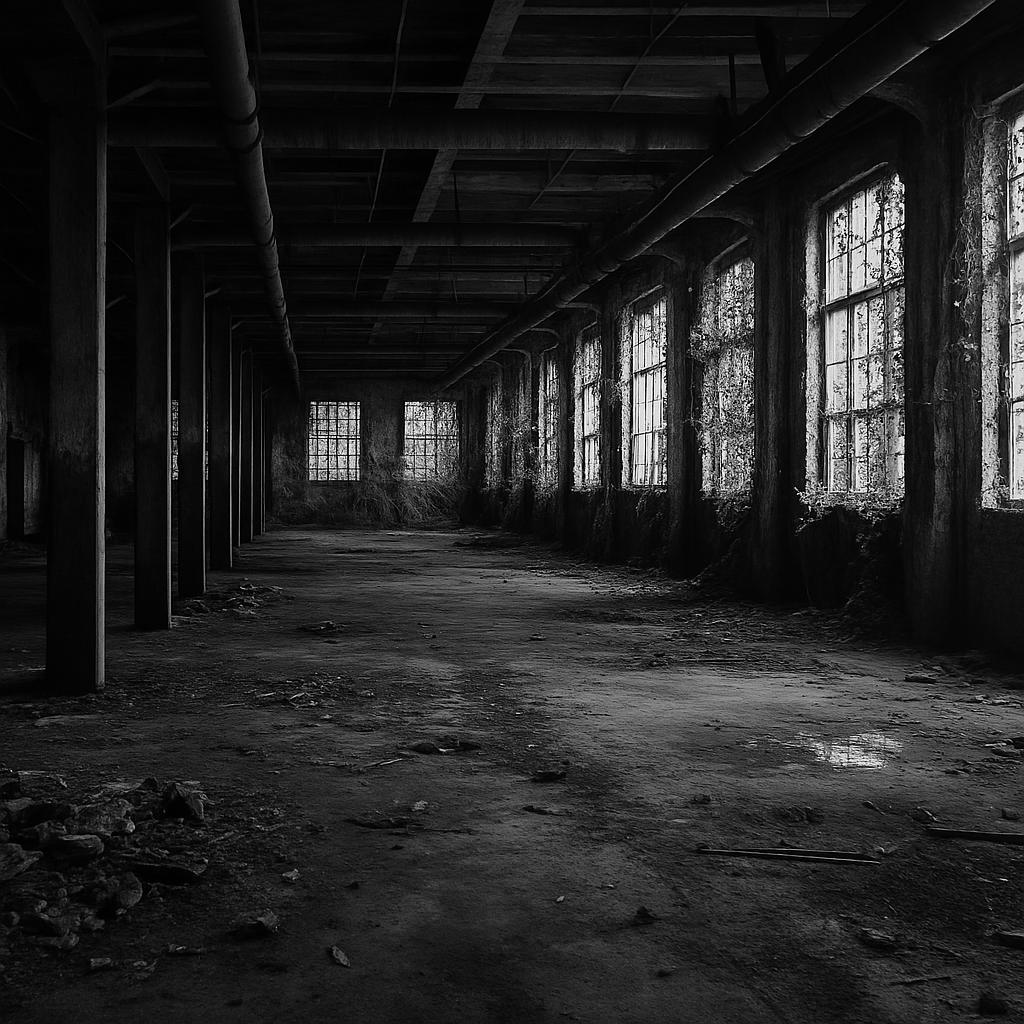On the Real Authors of Western Decline

– and why the storm should linger a little longer.
t is often said that globalisation failed America. It did not. America failed itself.
Globalisation did what it was always going to do: connect markets, lower trade barriers, and speed the movement of goods, capital, and ideas. Predictably, it enabled the rise of nations long kept at the margins of the global economy. For many, this was an opportunity rather than a tragedy. Billions of people, primarily in Asia, left poverty, entered the global labour force, and began to demand – reasonably – a better share of the world’s prosperity.
This, more than anything, unsettles the American narrative. The problem is not that globalisation was unfair. Others adapted; America did not. The grievance, however real, is misdirected.
Consider Korea. Faced with the pressures of globalisation, it did not simply open its economy and hope. It pursued a deliberate, state-led industrial strategy, anchored by education and a disciplined export sector. It endured crises – notably the 1997 Asian Financial Crisis – and adjusted with seriousness.
Consider China. It did not stumble into the WTO. It entered with a strategy, using demographic scale and low-cost labour as initial leverage while embedding itself into global supply chains. Market liberalisation was selective, state control held where needed, and long-term industrial capacity was built on purpose.
Consider Germany. Almost alone among Western peers, it retained a strong industrial base. It maintained and adapted its Mittelstand – mid-sized, export-oriented firms – and integrated vocational training and worker protections into an industrial strategy. Manufacturing was not treated as a relic.
Consider Singapore. With few natural resources, it focused on logistics, finance, and industrial excellence. Government was pragmatic and strategic, aiming not to be the cheapest but the most reliable.
None of these countries escaped the shocks of globalisation. They acted nonetheless.
America, by contrast, consumed. It welcomed the benefits: cheap goods, rising asset prices, short-term political comfort. It under-invested in infrastructure, education, and industrial policy. It placed extraordinary trust in markets while ignoring their limits. Gains were distributed upwards; costs were socialised.
Now comes the reckoning. Having failed to prepare for the foreseeable – and foreseen – consequences of globalisation, America confronts conditions it helped create. The response has been less adaptation than deflection. Tariff skirmishes, selective subsidies, and nostalgic talk of industrial renewal dominate the discourse. Beneath the slogans, there is little strategy. The supply chains, skills, and institutional capacity required for serious reindustrialisation are thin. Measures are reactive and fragmented – more performance than policy.
What America struggles to accept is that others – Korea, China, Germany, Singapore – managed globalisation. They made choices, accepted trade-offs, and planned for the long term. America indulged a sense of exceptionalism, assuming adaptation was for others.
Europe is neither innocent nor doomed. It hesitated and fragmented, yet parts of it – Germany above all – took globalisation seriously. The European Union still has the means to respond coherently; whether it musters the will is another question.
Portugal is a marginal case, but instructive. When cheaper competition eroded textiles and footwear, there were no grand narratives of betrayal. The country adjusted modestly: some production moved upmarket, some was lost. Unheroic, but pragmatic.
The reckoning is neither new nor mysterious. America rages at conditions it spent decades constructing, and blames the tide for coming in.
Europe still has choices: strengthen internal cohesion, reduce dependency on an increasingly unreliable ally, and redefine external partnerships – or continue to drift and hope inertia will suffice.
The United Kingdom, meanwhile, drifts. It clings to illusions of sovereign agility while quietly aligning itself – economically and politically – with an increasingly unstable United States. It cannot indefinitely serve two kings, a fact that, as a monarchy, it should feel in its bones. A choice will come: re-anchor to Europe or subordinate itself to the strategic calculations of an America that no longer regards it as indispensable. Whether the clarity or the will exists remains uncertain.
There is a case for discomfort to linger. Pain that lasts tends to teach; pain that passes is often forgotten.
No one stole the future. It was given away – freely, and for far less than it was worth.
The tide came in; those who built the shoreline now cry betrayal.
© 2025 Eva Dias Costa · CC BY–NC–ND 4.0 International